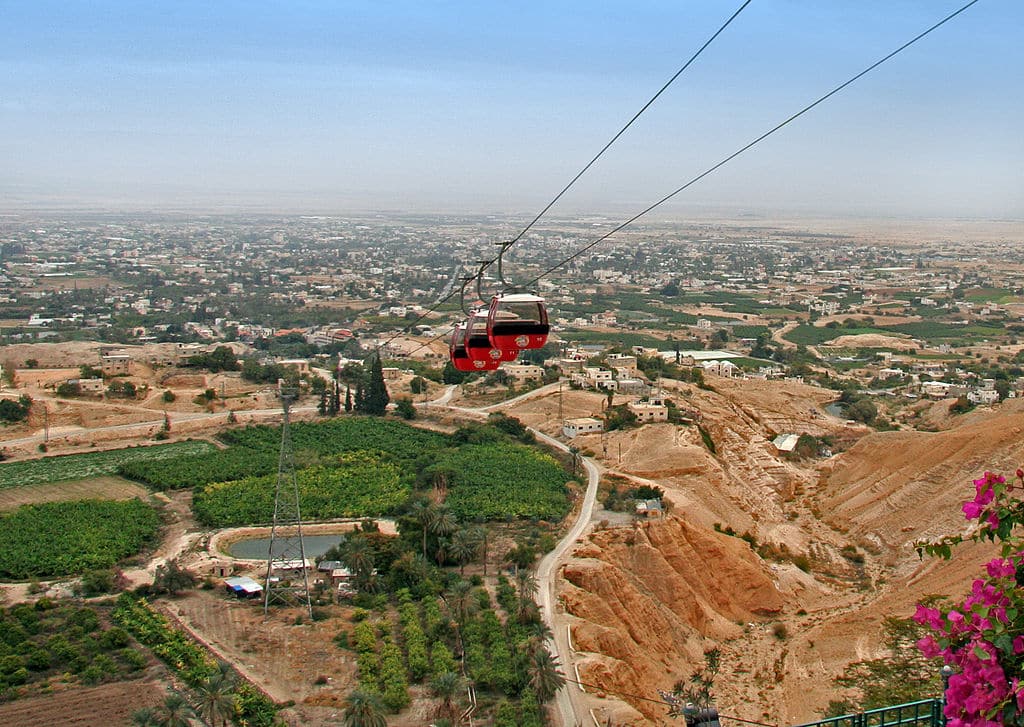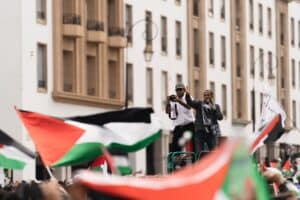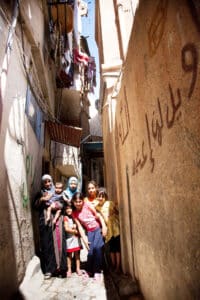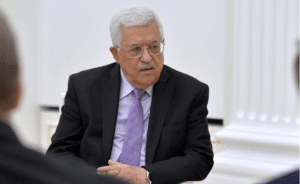Jericho, one of the cities where local elections took place (photo: WikiMedia Commons)
Last Saturday, March 26, Palestinians in major West Bank cities went to the polls for the second round of local elections. In December, a first round already took place in rural areas. No elections were being held in the Gaza strip, as Hamas boycotted the elections after President Mahmoud Abbas’ ruling Fatah party in the West Bank repeatedly suspended legislative and presidential elections. Israeli authorities denied elections from taking place in the annexed territories of East Jerusalem.
Results
The Palestinian Central Elections Committee (CEC) published that 377,895 people voted – 52,82% of eligible voters. This turnout is considered as quite low. It is difficult to interpret results as 14% said to base their vote for political parties, while 42% would decide their vote on the provision of local services. Expectedly, independents won big in these elections, winning 64% of seats, up from 37% five years ago.
Some trends can be derived from the results. Various parties, Fatah and Hamas among them, list independent tribal-based candidates to be able to participate without being directly affiliated to a party. Fatah claimed to have won 60% of seats in major cities, including their independent candidates. In many cases Fatah had no competition and were the only option on the ballot. This also makes results difficult to interpret. These elections thus cannot be regarded as a referendum for Mahmoud Abbas’ support in the Palestinian Authority. But the low turnout and relative success of rival candidates do point to a rising unpopularity of the Fatah party.
Hamas ran various independent candidates who won seats in various cities. It is regarded unlikely that they ran without support of the Gaza-based party authorities, demonstrating that Hamas still has the intention of participating in elections. In many instances, they ran with the Popular Front for the Liberation of Palestine (PFLP). On the eve of the local elections, a PFLP-Hamas list won the Bethlehem University student elections, which is considered a big blow to Fatah.
Incidents
Voting was controlled by 2,600 local and 300 international observers. Generally, results published by CEC are perceived as reliable. On March 21, the CEC condemned the arrest by Israeli security forces of various Islamist candidates and university students. For instance, Islam al-Tawil, running in Al-Bireh was detained. He ran on a Hamas-affiliated platform, and did manage to take a seat in the Al-Bireh local council.
Legislative and presidential elections
Currently, no indication is given by Fatah when they want to organize legislative and presidential elections, after Mahmoud Abbas postponed these in May 2021. Many blame the postponement of Abbas to his fear of losing elections to Hamas. “There is no doubt that Abbas will lose if elections are held,” leading Palestinian pollster Khalil Shikaki, said. It remains imperative that these are organized, to re-invigorate the trust of Palestinians in their political institution and to recover the legitimacy of Palestinian democracy.
Sources: Arab News AP News France24 Jerusalem Post Al Monitor
Photo: WikiMedia Commons



